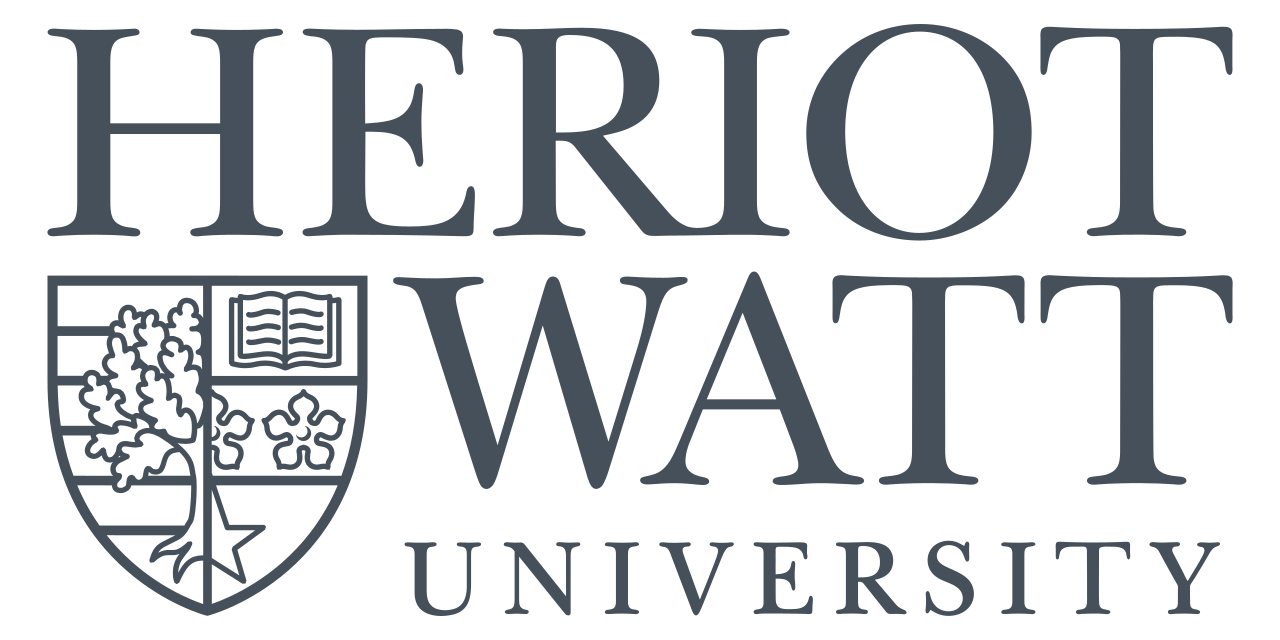Mathematical models are widely used to inform high-impact decisions for humanity, such as responding to climate change, managing the economy, predicting and controlling renewable energy systems, and dealing with the COVID- 19 pandemic. Improvements in computing power and accessibility and new developments in machine learning have made sophisticated modelling machinery widely available even to people who are not well-acquainted with theoretical fundamentals of modelling and simulation. This presents risks: both risks of poor-quality modelling informing poor decision-making with high real-world impact, and also risks relating to the erosion of public trust in scientific information. These risks can be reduced by improving the conceptual and mathematical foundation on which socially-relevant modelling endeavours are based. While this is a critical justification in itself, there is also a huge opportunity to develop new mathematical tools for the next generation of models, to share recent developments and to bring together and nurture pockets of good practice from across modelling disciplines and areas of application, united by a common mathematical approach.
This workshop brought together several disciplinary networks that already exist in the UK (such as JUNIPER, V-KEMS, CliMathNet, AU4DM, M2D, DMDU, CRUISSE, various Centres and networks in energy systems, environmental economics, and so on). A small number of non-academic contributors provided specific agenda-setting perspectives on the use of models by external organisations in different contexts and to ensure that the discussions remain focused on using mathematics to improve the real-world utility of models. The workshop stimulated exchange of mathematical ideas and techniques across modelling disciplines and contributed to the development of new tools.
Mathematical topics:
The workshop brought together mathematicians and modellers working on constructing and interpreting models in a variety of application areas:
Calibration and evaluation of model performance with respect to data and the ability to inform real-world decisions.
Statistical methods for uncertainty assessment based on the output of multiple models; Methods for assessment of real-world uncertainty, as distinct from in-model sensitivity analysis; Implications of dynamical systems approaches to structural model error.
Hierarchies of model complexity.
Approaches to dealing with current limits to computational resource and making the most of computational advances.
Evaluating and communicating the quality and adequacy-for-purpose of model-based information.
Public lecture:
There was a public lecture “Follow the Science?” Modelling for 21st Century Decisions on Tuesday 22 October at 18.00 BST associated with this event. A talk and expert panel discussion explored “How mathematical models describe the universe”, “What we know, what we don’t know and what we can’t know”, and why we need to “Escape from Model Land”.











